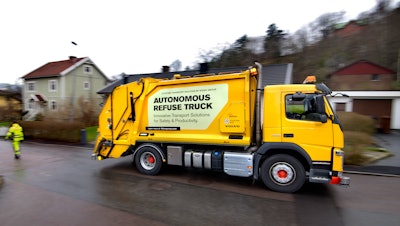
In the latest research and development in self-driving vehicles, Volvo Group, together with Swedish waste and recycling specialists Renova, is testing a pioneering autonomous refuse truck that has the potential to be used across the urban environment. The project explores how automation can contribute to enhanced traffic safety, improved working conditions and lower environmental impact.
“There is amazing potential to transform the swift pace of technical developments in automation into practical benefits for customers and, more broadly, society in general. Our self-driving refuse truck is leading the way in this field globally, and one of several exciting autonomous innovations we are working with right now,” says Lars Stenqvist, Chief Technology Officer, Volvo Group.
Volvo Group’s autonomous refuse truck is designed to make the driving safer in built-up areas, not least when reversing. Sensors continuously monitor the vehicle’s vicinity and the truck stops immediately if an obstacle suddenly appears in its path. The route is pre-programmed and the truck drives itself from one wheelie-bin to the next. The driver, who walks ahead of the reversing vehicle, can focus on refuse collection and does not have to climb into and out of the cab every time the truck moves to a new bin.
“One important benefit of the new technology is a reduction in the risk of occupational injuries, such as wear in knee joints – otherwise a common ailment among staff working with refuse collection,” explains Lars Stenqvist.
The autonomous truck also offers major environmental upsides. Gearchanging, steering and speed are constantly optimised for low fuel consumption and emissions.
The joint project with Renova will continue until end of 2017. The autonomous truck currently being tested is fitted with a sensor system for identification, navigation, and monitoring of the vehicle’s vicinity. Most of this technology is also used in the autonomous truck for mining operations that Volvo Group unveiled in 2016. That self-driving truck is undergoing tests in the Kristineberg Mine in northern Sweden.

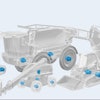

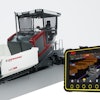

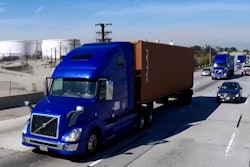




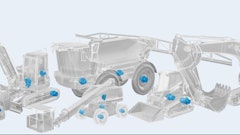

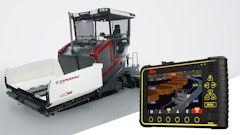

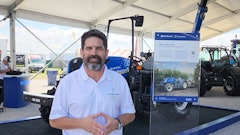



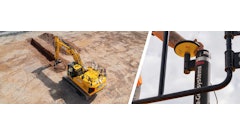
![Hd Hyundai Xite Transformation Booth Image[1]](https://img.oemoffhighway.com/files/base/acbm/ooh/image/2023/12/HD_Hyundai_Xite_Transformation_Booth_Image_1_.657a32d4218f2.png?ar=16%3A9&auto=format%2Ccompress&fit=crop&h=135&q=70&rect=113%2C0%2C1600%2C900&w=240)
